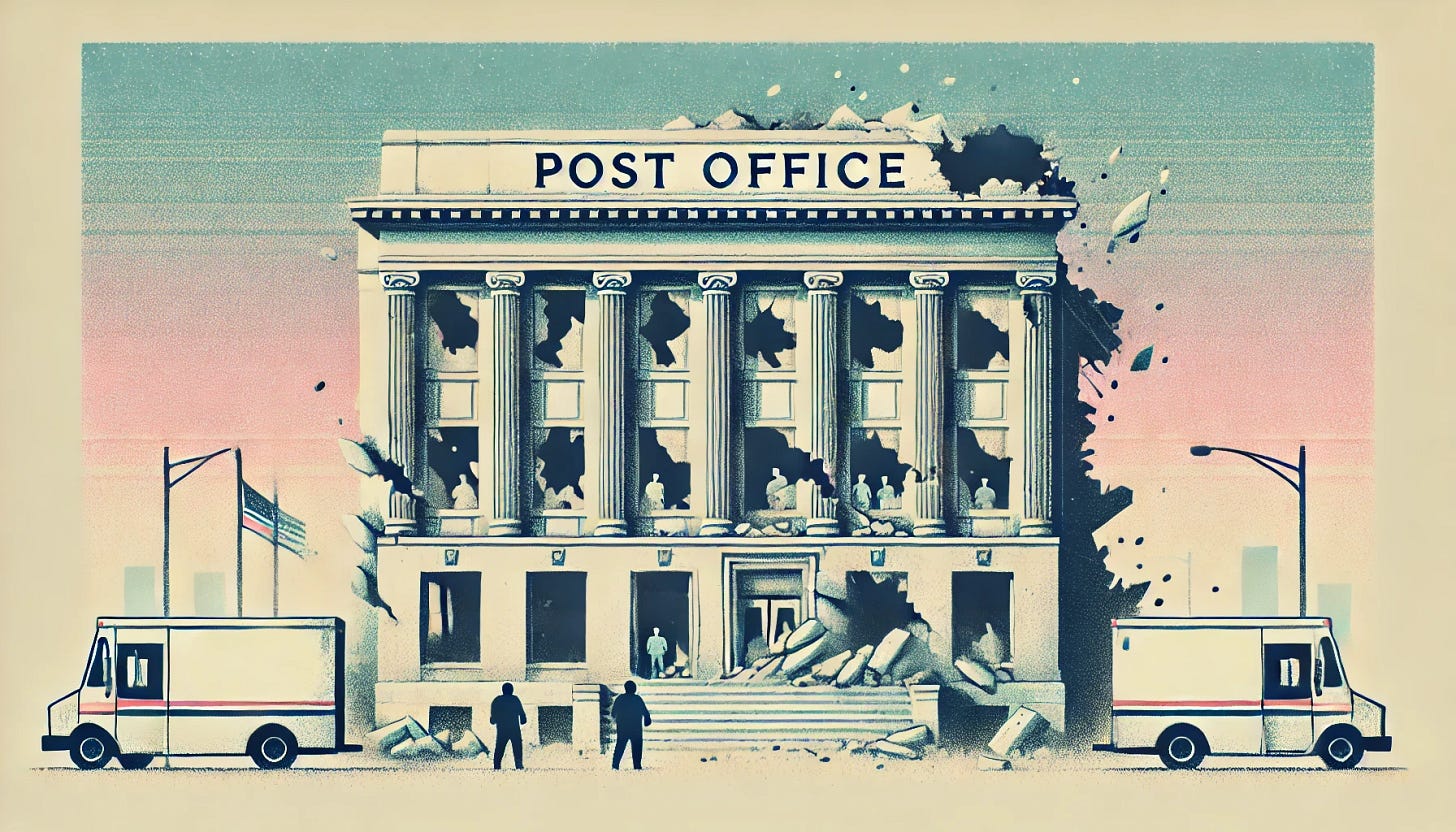The truth hurts.
And this is what organizations avoid at all costs.
Sorry?
“We put people first.”
Sincerity, genuineness, caring, openness; all words chiseled in mission statements so beloved by organizations that so obviously don’t… put people first. Somehow, executives and senior administrative staff use communication techniques to avoid the truth that would even embarrass the dictators in George Orwell’s 1984.
Just watch the debacle that is the Post Office debacle in the UK in which 900 Post Office staff were turned into criminals by the software supplier, Fujitsu, and PO executives; it makes you want to scream, shout and be ashamed all at the same time.
“Between 1999 and 2015, more than 900 sub-postmasters were wrongly prosecuted due to faulty software.
Incorrect information provided by a computer system called Horizon, developed by Japanese firm Fujitsu, meant that sub-postmasters and postmistresses were prosecuted for stealing money.” — Nick Edser for bbc.com
What interests me is the psychology of how people conspire, cooperate, collaborate, and knowingly cooperate, to misrepresent the truth and scapegoat their employees; how an organization can create a culture which is diametrically the opposite of what should be.
The management culture at the PO became the key subject of a debate in the House of Commons:

Download the report, it reads like a nightmare. For just one second, imagine being a subpostmaster, being pursued by your employer for fraud that you know you didn’t commit. You’d be sick to your stomach at the injustice and cruelty meted out.
Even when they have been caught out, even when they talk about creating a culture of transformation, honesty, and transparency, they still lie. I have no idea what other word you can use. Senior executives were paid bonuses for providing the committee with the information necessary to further uncover the truth… which they didn’t do, and were called out on.
And to make matters worse, a narrative continues that compensation to the PO subpostmasters, which is meant to address the worst carriage of injustice in British criminal history, is being minimized.
What I mean is that they are actively working to ensure that the money that should be used to redress the debacle is reduced.
I think that are lessons for all organization leaders to be taken from this event: as leaders, you are not immune to these circumstances being repeated. Far from it. Groupthink, a term first used by Irving Janis to refer to the debacle of the Cuban Missile Crisis and the Bay of Pigs, is a common ailment of organizations that fail to learn and adapt.
Groupthink is always a result of poor leadership and an almost psychopathology exhibited by teams to avoid the truth. Even when the reality of your actions are staring you in the face, you continue to operate in a way that is opposite of what is required to make it right.
Whatever industry you are in, finance, automotive, aviation, medical, or sports, you are not immune to these symptoms. I can guarantee that you can find examples of how people collaborate negatively, how they create consensus, by avoiding conflict.
Real leadership is about unlocking and unraveling assumptions to create strategies that deliver real benefits to clients, partners, and your people. You have to work at this, seriously focusing on empowering teams to deal with the truth and act on the evidence. Taking risks, along with developing EQ as a foundation for individual and teamwork training, is part of the anti-groupthink training process required for teams to collaborate effectively.
But — and this is a big but — if you don’t train as a team, then you will fall foul of the habits that you brought to your job on day one. Then, those preestablished rules will be oriented to a survival mechanism that avoids failure, risk, blame, and evidence that points to negative circumstances or outcomes.
So forget away-days writing mission statements, and get your teams to train in challenging simulations that stress test your soft skills, leadership, and teamwork, skills. I can guarantee that these experiences will change how you think about training to collaborate, communicate, and win together.
DISCLAIMER: This article was written by a human.







